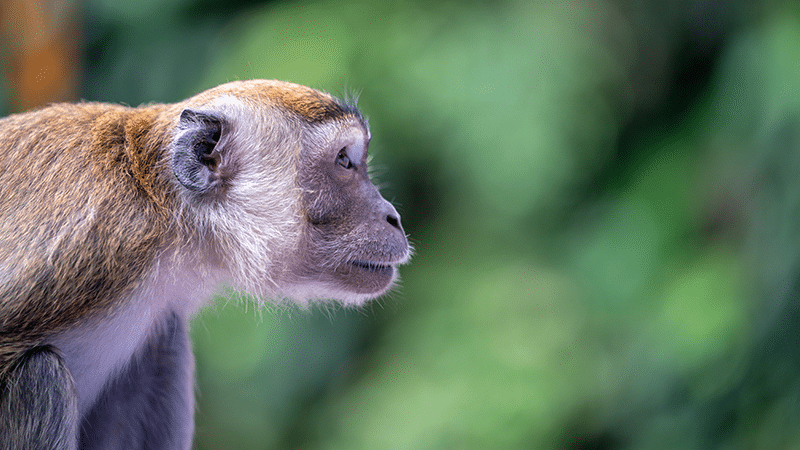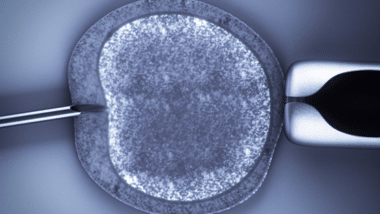Ethicists have raised serious concerns about the creation of part-monkey and part-human embryos known as chimeras.
In an alarming experiment carried out by the Salk Institute in California, scientists injected the embryos of macaque monkeys with human cells, producing monkey-human hybrids.
The chimeras were allowed to develop for up to 20 days and were then destroyed.
‘Pandora’s box’
The scientists were led by Prof. Juan Carlos Izpisua Belmonte, who had previously worked on human-pig hybrids.
He claimed that the study, published in the journal Cell, meets current ethical and legal guidelines.
But his work was criticised by Oxford ethicist Prof. Julian Savulescu, who said it “opens Pandora’s box to human-nonhuman chimeras”.significant ethical and legal challenges
Dr Anna Smajdor, lecturer and researcher in biomedical ethics at the University of East Anglia, stated that the experiment posed “significant ethical and legal challenges”.
HFE Act 2008
In the UK, the Human Fertilisation and Embryology Act 2008 permits experimentation on chimeras.
In 2008, a team of scientists at Warwick University were given permission to create embryos that were part pig, part human.
But the work on animal-human hybrids was abandoned as a failure a year after the HFE Act was passed.




